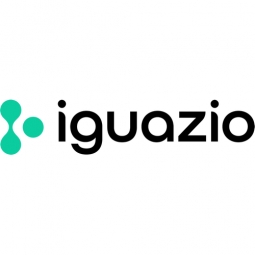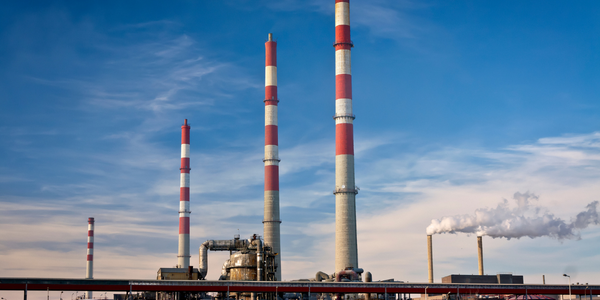Download PDF
Hygiene technologies leader Ecolab brings data science to production with Microsoft Azure and Iguazio
Technology Category
- Analytics & Modeling - Machine Learning
- Platform as a Service (PaaS) - Data Management Platforms
Applicable Industries
- Chemicals
Applicable Functions
- Discrete Manufacturing
- Quality Assurance
Use Cases
- Predictive Maintenance
- Process Control & Optimization
Services
- Data Science Services
- System Integration
The Challenge
Ecolab, a global leader in water, hygiene, and infection prevention solutions, wanted to develop predictive risk models for water systems, industrial machinery, and other applications. The company's machine learning journey began in 2016 with a project to develop bacterial growth risk models using existing sensor data. However, the process of building, deploying, and maintaining machine learning models in production was complex and challenging. The company needed a data science collaboration platform that would bring together its large, geographically dispersed team, while efficiently using cloud computing resources. The deployment of machine learning models at Ecolab followed a 'rewrite-and-deploy' pattern, where model development occurred independent of the application developers. This approach led to deployment timelines exceeding 12 months on average.
About The Customer
Ecolab is a major chemicals manufacturer that specializes in water treatment and safety. The company is headquartered in St. Paul, Minnesota and operates in more than 170 countries. Ecolab employs 44,000 people and serves nearly 3 million customer locations in the food, healthcare, hospitality, and industrial markets. The company is driven by a mission to make the world cleaner, safer, and healthier, helping customers succeed while protecting people and vital resources.
The Solution
Ecolab turned to Microsoft Azure and MLOps expert Iguazio to reduce its machine learning development and deployment times, cut costs, and enable its geographically dispersed team to collaborate seamlessly on accelerating the rollout of AI applications. The Iguazio solution, built on an open-source architecture that includes Kubeflow, was readily adopted to extend and simplify the process. Ecolab used Iguazio in combination with Git and Azure DevOps to develop the feature engineering pipelines and machine learning applications. The solution also brings direct visibility into the code that is running during production. The deployment of the Iguazio platform coincided with the eruption of the COVID-19 health crisis, fueling a dramatic increase in demand to incorporate data science models into Ecolab’s broader digital offerings.
Operational Impact
Quantitative Benefit
Related Case Studies.
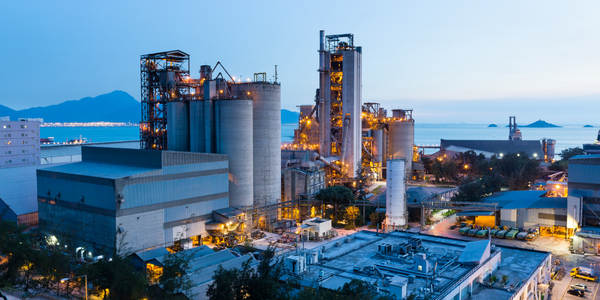
Case Study
Honeywell - Tata Chemicals Improves Data Accessibility with OneWireless
Tata was facing data accessibility challenges in the cement plant control room tapping signals from remote process control areas and other distant locations, including the gas scrubber. Tata needed a wireless solution to extend its control network securely to remote locations that would also provide seamless communication with existing control applications.

Case Study
Advanced Elastomer Systems Upgrades Production
In order to maintain its share of the international market for thermoplastic elastomers AES recently expanded its Florida plant by adding a new production line. While the existing lines were operating satisfactorily using a PROVOX distributed control system with traditional analog I/O, AES wanted advanced technology on the new line for greater economy, efficiency, and reliability. AES officials were anxious to get this line into production to meet incoming orders, but two hurricanes slowed construction.
Case Study
Wireless GPS Tracking & Security Monitoring
Enhancing the security of hazardous freight and ensuring compliance with Homeland Security’s Transportation Security Administration mandate that all trains carrying chemicals capable of creating a toxic inhalation condition are equipped with on-board safety monitoring systems.
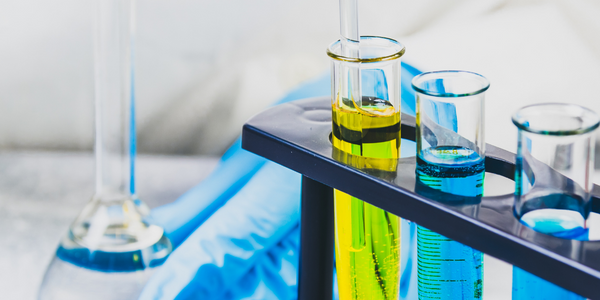
Case Study
Field Device Asset Management For Chemical Company in China
Chinese chemical subsidiary of multinational corporation serves customers throughout the world. Sales offices and research and technology centers are strategically located to provide rapid response to customer requests. Just two workers were assigned to maintain thousands of intelligent instruments in three production units, so they could do little more than react to device issues as they appeared. This costly maintenance method inevitably led to unexpected downtime when a critical instrument failed. Plant management recognized the need to change from reactive to predictive maintenance for all assets, including instruments and control valves, but help was needed in implementing such a technology-based initiative.
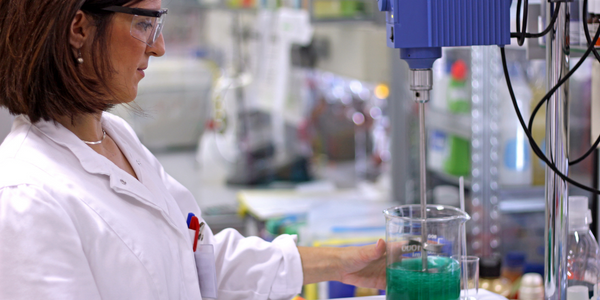
Case Study
Industrial Workforce Mobility for Improved Safety & Operations
Huntsman Corporation, a global manufacturer and marketer of differentiated chemicals, undertook an aggressive program to eliminate injuries, product defects, and environmental releases at their Port Neches facility. Termed “Project Zero”, this program required a completely mobile solution to empower operations and maintenance personnel to capture defects, track work progress and make process and safety related decisions in real-time.




